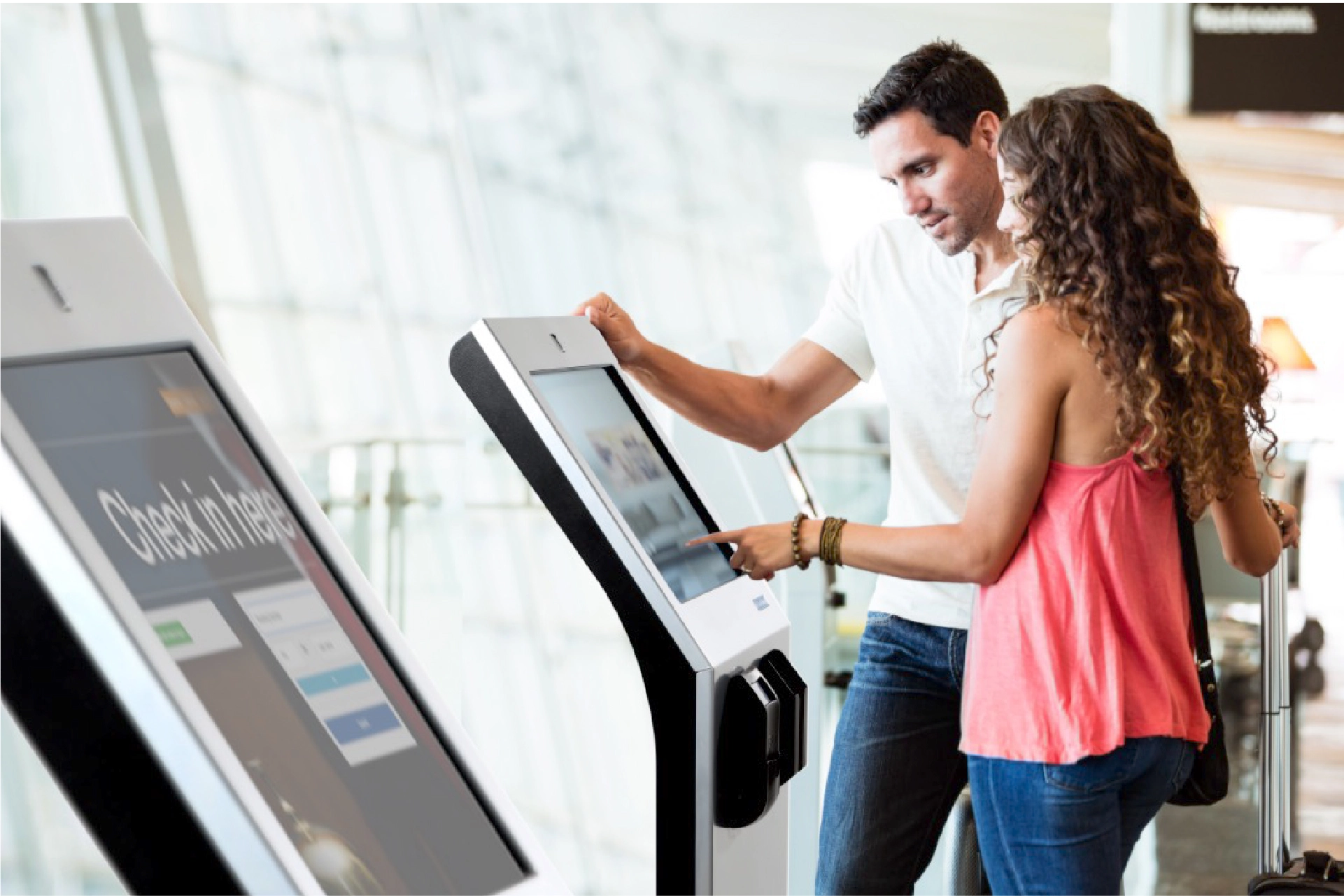Why Hotel Check In Is So Late and What You Can Do About It
The Origins of Late Hotel Check-In Times
Hotel check-in times have traditionally been set at 3:00 PM or later, a practice that dates back to the early 20th century when hotels needed time to clean rooms between guests. This window allowed staff to ensure that each room was fully prepared for the next occupant, including changing linens, restocking amenities, and conducting a thorough cleaning. Even with modern advancements in housekeeping efficiency, many hotels still adhere to this standard, often due to operational constraints and the need to maintain consistency across properties.
The Impact of Late Check-In on Travelers

For many travelers, late check-in times can be frustrating, especially if they arrive earlier than the designated time. This is particularly true for those who have long flights, early meetings, or limited time in a destination. The inability to access a room promptly can lead to inconvenience, such as having to carry luggage around, waiting in the lobby, or even staying at a different location temporarily. Additionally, some travelers may miss out on opportunities to explore their destination or attend events if they are unable to settle into their accommodation quickly.
Factors Contributing to Delayed Check-In

Several factors contribute to the delayed check-in process. One of the primary reasons is the need for housekeeping to complete their tasks before the next guest arrives. Even with automated systems and digital check-in options, the physical preparation of the room remains a critical step. Another factor is the volume of guests checking in during peak hours, which can overwhelm front desk staff and slow down the process. Furthermore, some hotels may not have enough staff to handle early arrivals efficiently, leading to longer wait times.
How Technology Is Changing the Check-In Experience

Advancements in technology have started to address some of the challenges associated with late check-ins. Many hotels now offer mobile check-in through their apps, allowing guests to bypass the front desk entirely. This feature enables travelers to receive their room keys digitally or have them sent directly to their devices. Some properties also provide keyless entry using Bluetooth or NFC technology, which allows guests to unlock their doors without waiting for a staff member. These innovations are helping to reduce wait times and improve the overall guest experience.
Tips for Dealing with Late Check-In Times

If you find yourself arriving at a hotel before the official check-in time, there are several steps you can take to make the most of your time. First, consider asking the front desk if any rooms are available earlier than expected. While this is not always possible, some hotels may be able to accommodate early arrivals if a previous guest has checked out early. Another option is to use the hotel’s amenities, such as the pool, restaurant, or fitness center, while you wait. Additionally, many hotels offer luggage storage services, allowing you to leave your bags at the front desk and explore the area without the burden of carrying them.
Alternative Options for Early Arrivals

For travelers who are particularly concerned about late check-in times, there are alternative accommodations that may be more flexible. For example, some boutique hotels or vacation rentals allow check-in as early as 10:00 AM or even earlier. These properties often have fewer guests and more personalized service, making it easier to adjust to your schedule. Another option is to book a hotel that offers extended stay packages, which may include early check-in privileges. By planning ahead and researching your options, you can avoid the stress of waiting for a room and start enjoying your trip sooner.
The Future of Hotel Check-In

As the hospitality industry continues to evolve, we can expect to see further improvements in check-in processes. Some hotels are experimenting with 24/7 check-in kiosks, which allow guests to check in at any time without needing to interact with staff. Others are integrating AI-powered systems that can predict guest preferences and streamline the check-in experience. These developments suggest that the future of hotel check-in will be more efficient, convenient, and tailored to individual needs.



